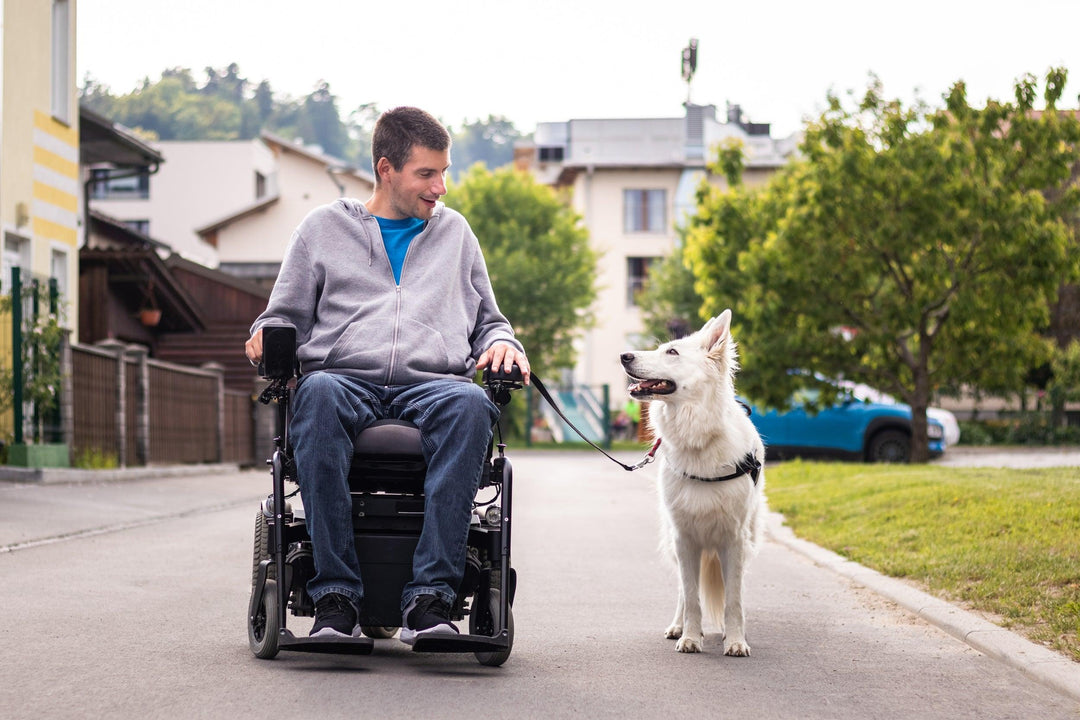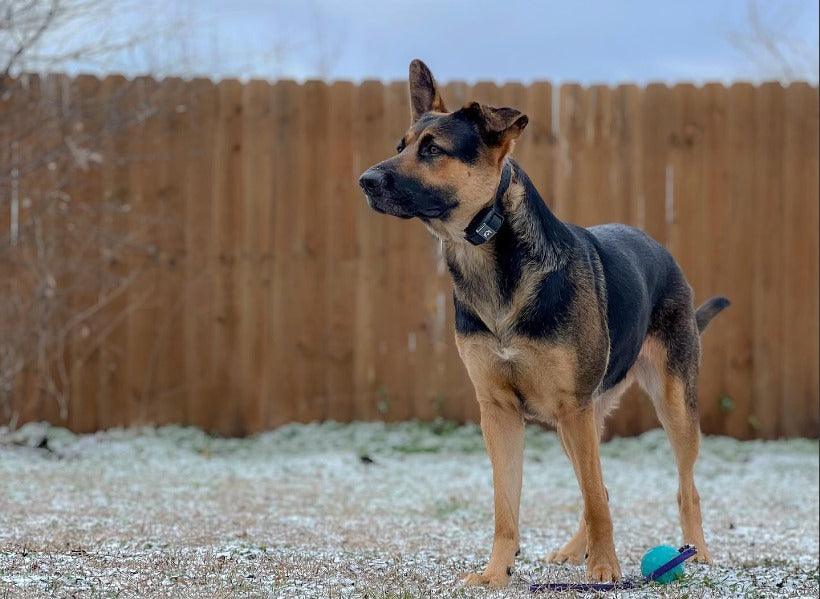Dealing with dog reactiveness towards kids requires a cautious and systematic approach. It is important to understand the dog's body language and assess the potential triggers for the dog's reactive behavior. Once the triggers are identified, the owner can work on desensitizing the dog to those triggers and teaching the dog more appropriate responses. Here are crucial 7 tips to address this issue;
1. Ensure safety
It is important to assess the safety of both your children and your dog. If you have noticed your dog to be reactive towards children, then take precautions to avoid any possible incidents. Make sure that the dog is securely separated from the children until the issue has been addressed.
HOW TO EFFECTIVELY RECALL YOUR DOG
HOW DO YOU STOP DOG AGGRESSION?
2. Consult a professional
In the event of a reactive dog, it is advisable to seek the assistance of a training professional or behaviorist who specializes in dealing with reactive dogs. They can assess the situation and provide you with individualized training techniques and guidance based on your dog's specific needs.
3. Positive reinforcement training
It is possible to modify your dog's behavior through positive reinforcement training by rewarding desired behaviors. To reinforce calm and appropriate behavior around kids, use treats, praise, and rewards. You can gradually introduce your dog to a controlled environment with well-behaved children, rewarding calm and relaxed behavior as he or she interacts with them.
SUBSCRIBE TO INVIROX CHANNEL TO STAY UPDATED>>
READ ABOUT INVIROX METHODOLOGY >>
4. Counter-conditioning
Using counter-conditioning, you will be able to change your dog's emotional response towards children by associating their presence with positive experiences. Begin at a distance that your dog remains calm in, and gradually decrease the distance over time. To create a positive association, pair the presence of children with treats or other rewards.
5. Desensitization
Expose your reactive dog to kids in a controlled environment through desensitization. This will allow him to become accustomed to their presence without feeling overwhelmed by it. You should always keep your dog's comfort and well-being in mind when engaging with your kids. Begin with low-intensity exposures, such as watching them from a distance, and gradually progress to closer interactions over time.
HOW TO STOP DOG BARKING?
HOW TO SOLVE DOG JUMPING UP ON PEOPLE?
10 - DO'S AND DON’TS WHEN USING DOG SHOCK COLLAR
6. Manage the environment
You should create a safe environment for your dog to be in when children are around by using management strategies such as baby gates or crates to prevent situations that may trigger their reactiveness. Once your dog has achieved success in training, gradually increase supervised interactions in order to provide a safer environment for your dog.
7. Educate children
It is important to teach children the importance of being respectful of dogs and how to behave in their presence. Explain clearly how to interact gently and calmly with the dog. Always supervise children and dogs when they are together, making sure that both parties are comfortable and safe.

In conclusion; it is important to keep in mind that addressing reactiveness in dogs takes time and patience. As every dog is different, the method of addressing reactiveness might differ. Consistency and positive reinforcement are two of the most important strategies of helping your dog to develop a more positive and relaxed attitude towards children. Always start slowly and give your dog time to learn. If needed, seek the help of a professional trainer to ensure success. Finally, remember to stay calm and patient during the process.






Leave a comment